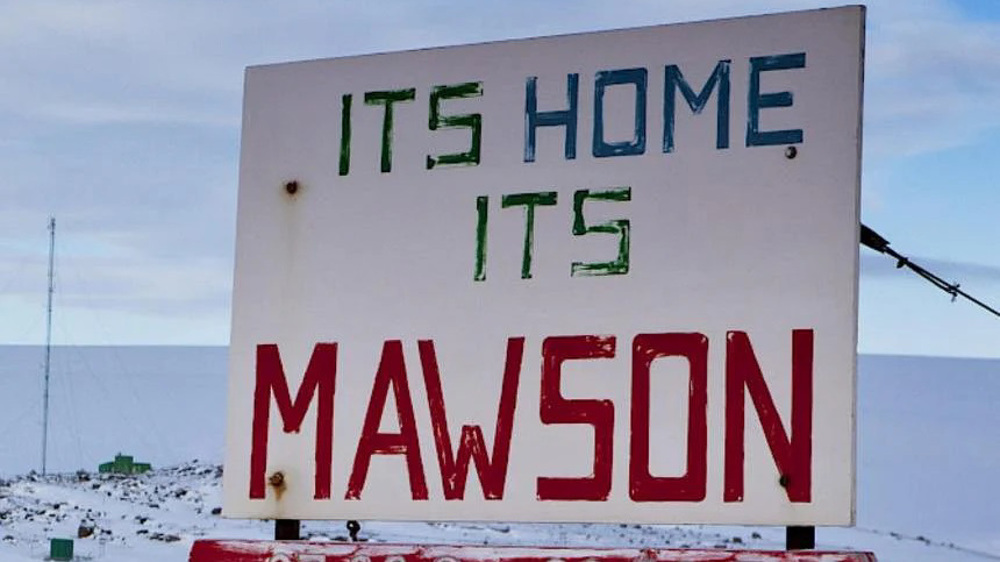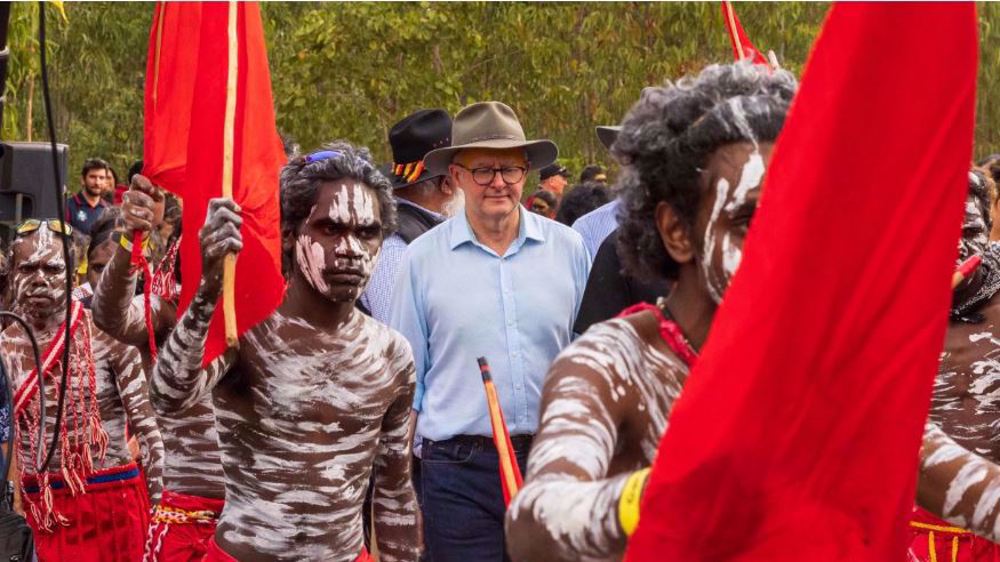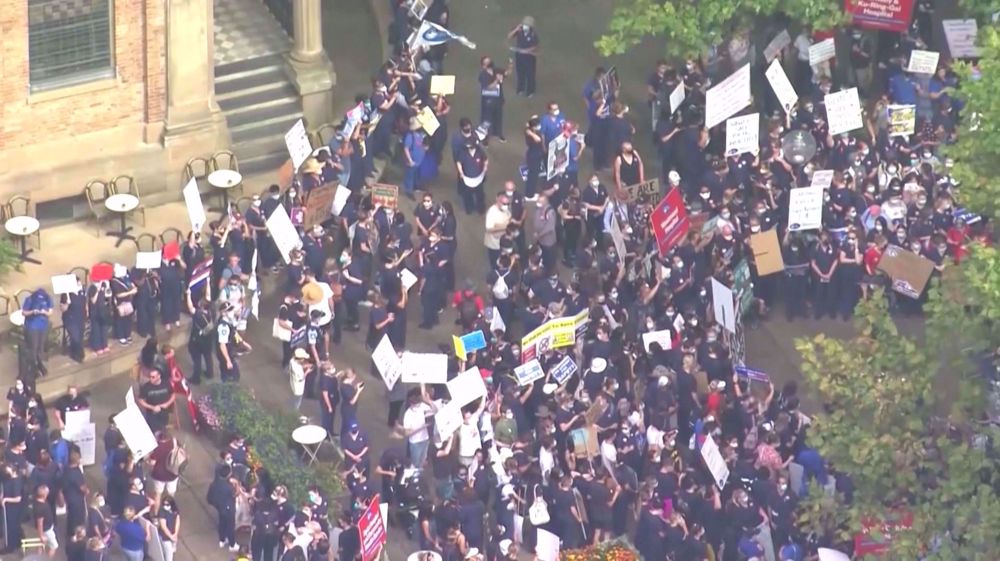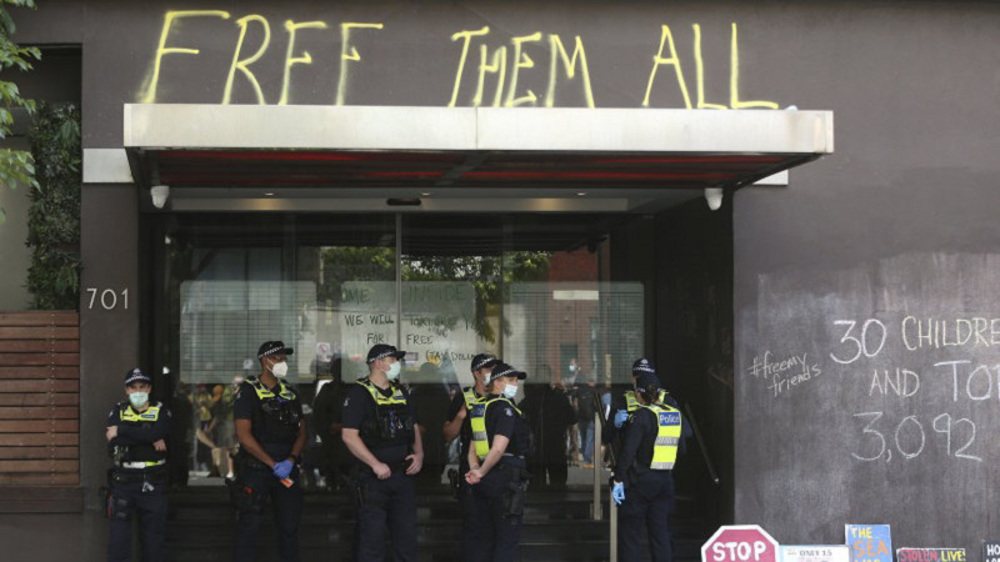Women complain of 'predatory' culture at Australia's Antarctica research bases
Women working at Australia's research camps in Antarctica have complained about a widespread and "predatory" culture of sexual harassment, according to an inquiry report published on Friday.
The report, commissioned by the Australian Antarctic Division (AAD), states that problematic behavior ranged from "uninvited physical contact or gestures, unwelcome requests for sex, sexual comments, jokes or innuendo, intrusive questions, displays of offensive or pornographic material and sex-based insults or taunts and unwanted invitations".
It further reveals that some women "go to great lengths to make their menstruation invisible" while on field missions as they fear men may judge them as incompetent.
Meredith Nash, an expert on gender equality who wrote the report, said expeditioners described the culture at the camps as homophobic and “objectifying” for women.
She said some women do not believe the Antarctic stations are safe and that it may be unethical to continue sending women there until their safety can be fully assured.
"I think on some level, it is unethical for us to continue trying to encourage women to enter a male-dominated field if we are not confident that organizations can keep them safe," Nash, an associate dean at the Australian National University, was cited as saying by the ABC.
She further revealed that women "have to work in the field with their abusers for weeks at a time because they simply can't leave".
"Or, because of the power dynamics, they are not in a position to make a complaint or get support immediately as they would do back home," Nash said.
People stationed at Australia's isolated research bases in Antarctica are required to live together in close quarters and work in a difficult environment, sometimes for up to a year.
Women are under-represented in the camps, said Nash, especially during the winter, and those she interviewed “described a culture of widespread, low-level sexual harassment that permeates” the bases.
"When I was briefed on this for the first time, and when I read people's stories, I was shocked and I was disappointed," Australian Environment Minister Tanya Plibersek was quoted as saying on Friday.
"The treatment outlined in the report was, and is, unacceptable."
Kim Ellis, director of Australia's Antarctic division, said the program had engaged a diversity, equality, and inclusion specialist following Nash's findings in its recent research.
"I am deeply concerned by the experiences it describes at our workplaces where people have been sexually harassed, discriminated against, and excluded," Ellis told the ABC.
"It doesn't matter how many people may have experienced this behavior — we know that under-reporting is almost certainly a factor — the fact that anyone at all experiences this treatment is not OK."
The report makes 42 recommendations on how to change the culture at the camps, including the creation of an "equity and inclusion task force", which is already being planned.
In letter to Araghchi, Hamas outlines repeated Israeli violations of Gaza ceasefire
Pezeshkian says ‘encouraging' signal received in US talks but Iran ready for any scenario
North Korea’s Kim re-elected Workers’ Party general secretary
Iran, Oman consult on arrangements for next round of nuclear talks
VIDEO | Protests held in Washington as AIPAC holds annual meeting for 1st time since 2020
VIDEO | Press TV's news headlines
Iran sees 40% surge in scientific Olympiad participation
Putin: Developing Russia's nuclear forces 'absolute priority'
















 This makes it easy to access the Press TV website
This makes it easy to access the Press TV website